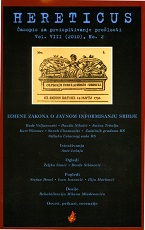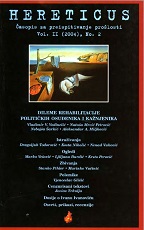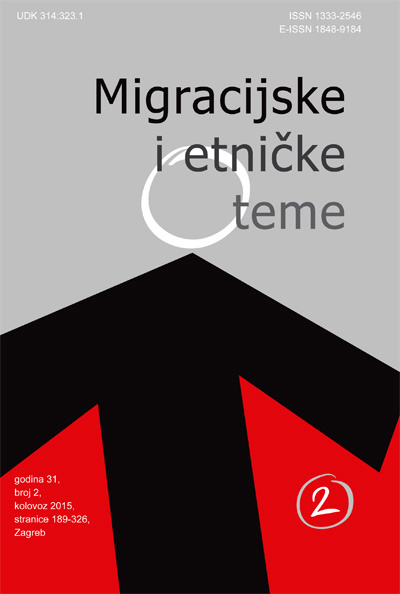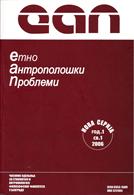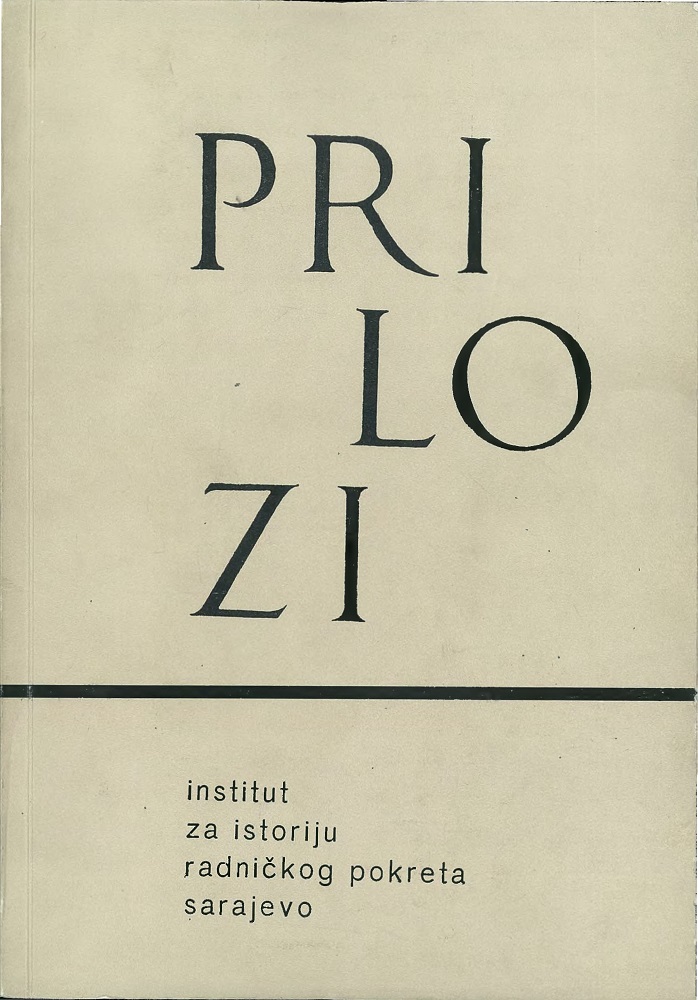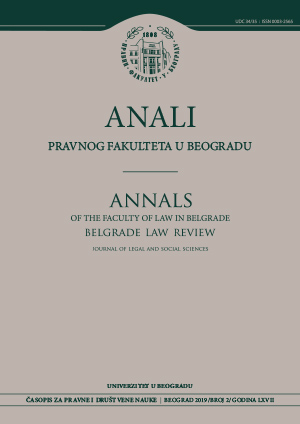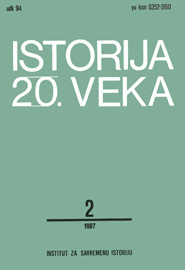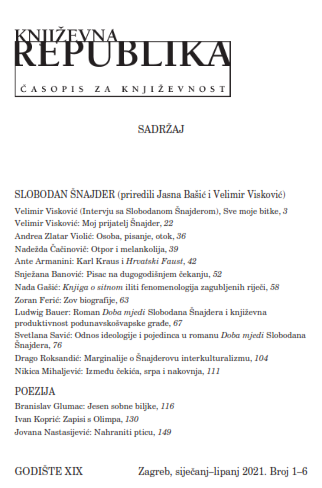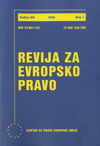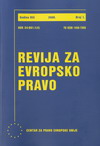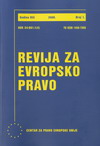
Constitutional Regulations and international Law
Ustavni propisi i međunarodno pravo
Keywords: Venice Commission; generally accepted rules of international law; international treaties; constitutionality of international treaties; application of international law; transfer of power.
Summary: In its opinion on the 2006 Constitution of Serbia the Venice Commission stated that many of its provisions are in accordance with European standards, but also that there are some that are not, and that some are unclear. There are also both commendations and objections to provisions regarding international law (articles 16, 167 and 194). The Commission welcomes the facts that the generally accepted rules of international law and international treaties are an integral part of the legal system in Serbia, that they are applied directly and their supremacy. The Commission welcomes direct application of international law and the Constitution but also expresses doubt about enabling the legislator to make legal provisions about certain issues. It is particularly concerned about the provision that international treaties have to be in accordance with the Constitution although it states that many societies with long democratic tradition also give a higher rank to national constitutions with respect to international treaties. The provisions of the Constitution of Serbia on the sources of international law and their application are not in conflict with the doctrine and practice of international law.
More...
